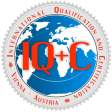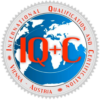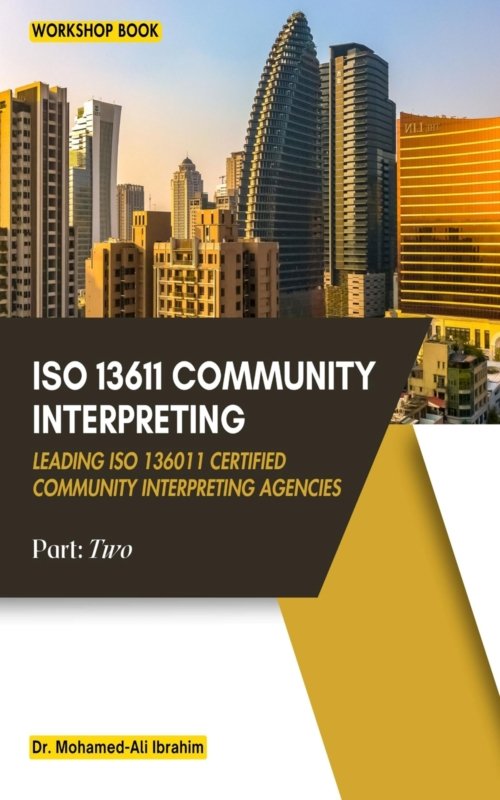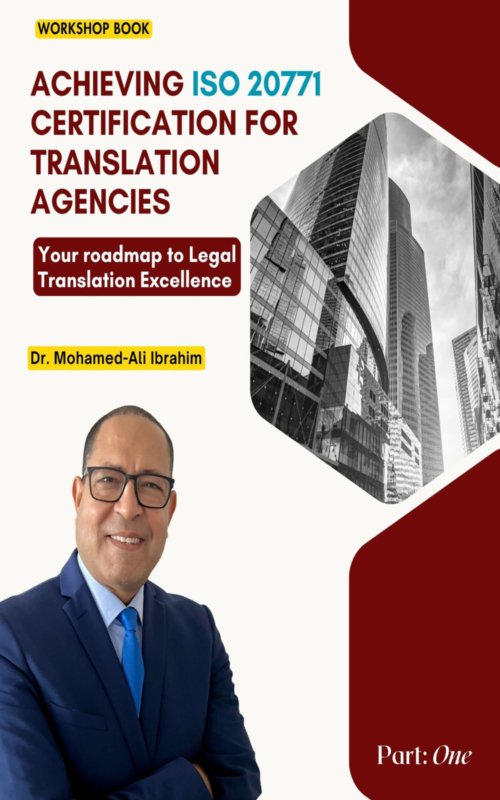Brand New: e-Book
Guide to ISO 9001 & ISO 19011 Compliance
Mastering Internal Auditing|
Who is this book for:
- Students and Newcomers:
Those new to the field of internal auditing looking to understand the fundamentals and principles. - Aspiring Internal Auditors:
Individuals considering a career in internal auditing and seeking an introductory overview. - Business Managers and Executives:
Professionals are interested in grasping the role and benefits of internal auditing within their organizations. - Quality Managers and Professionals:
Those responsible for implementing and maintaining ISO 9001 quality management systems. - Internal Auditors:
Professionals are looking to align their auditing practices with ISO 9001 standards. - ISO Consultants:
Individuals providing consultancy services to organizations aiming for ISO 9001 certification. - Internal Audit Teams:
Auditors and team members involved in planning and conducting internal audits. - Quality Assurance Managers:
Those responsible for ensuring compliance and audit readiness. - Quality Coordinators:
Individuals are responsible for coordinating internal audit activities within their organizations. - Audit Managers:
Individuals overseeing audit teams and processes. - Compliance Officers:
Those responsible for ensuring regulatory compliance through audits. - Current Internal Auditors:
Professionals are seeking to enhance their auditing skills and knowledge. - Audit Training Providers:
Organizations offering training and certification for internal auditors.
Learning outcomes:
- Understanding the role of internal auditors within organizations.
- The importance of ISO 9001 and ISO 19011 standards in internal auditing.
- The specific requirements of ISO 9001 for internal auditing.
- How to align internal auditing processes with quality objectives.
- Applying risk-based thinking in internal auditing
- Planning and scheduling internal audits effectively.
- Defining audit objectives and criteria to ensure focused audits.
- Understanding the pros and cons of onsite vs. Remote auditing.
- Developing effective communication skills with auditees.
- Identifying nonconformities and opportunities for improvement.
- Classifying audit findings to prioritize corrective actions.
- Understanding ISO 9001 requirements for corrective actions.
- Developing corrective action plans to address audit findings
- Essential skills required for internal auditors, including technical and soft skills.
- Information on training and certification options for internal auditors.
- Understanding the structure of ISO 19011:2018.
- Exploring the principles that underpin auditing practices.
- Harmonizing the requirements of ISO 9001 and ISO 19011.
- Leveraging ISO 19011 to enhance internal auditing practices.
- Reviewing and evaluating the internal audit process for ongoing improvement.
- Benchmarking internal audit practices against industry standards.






